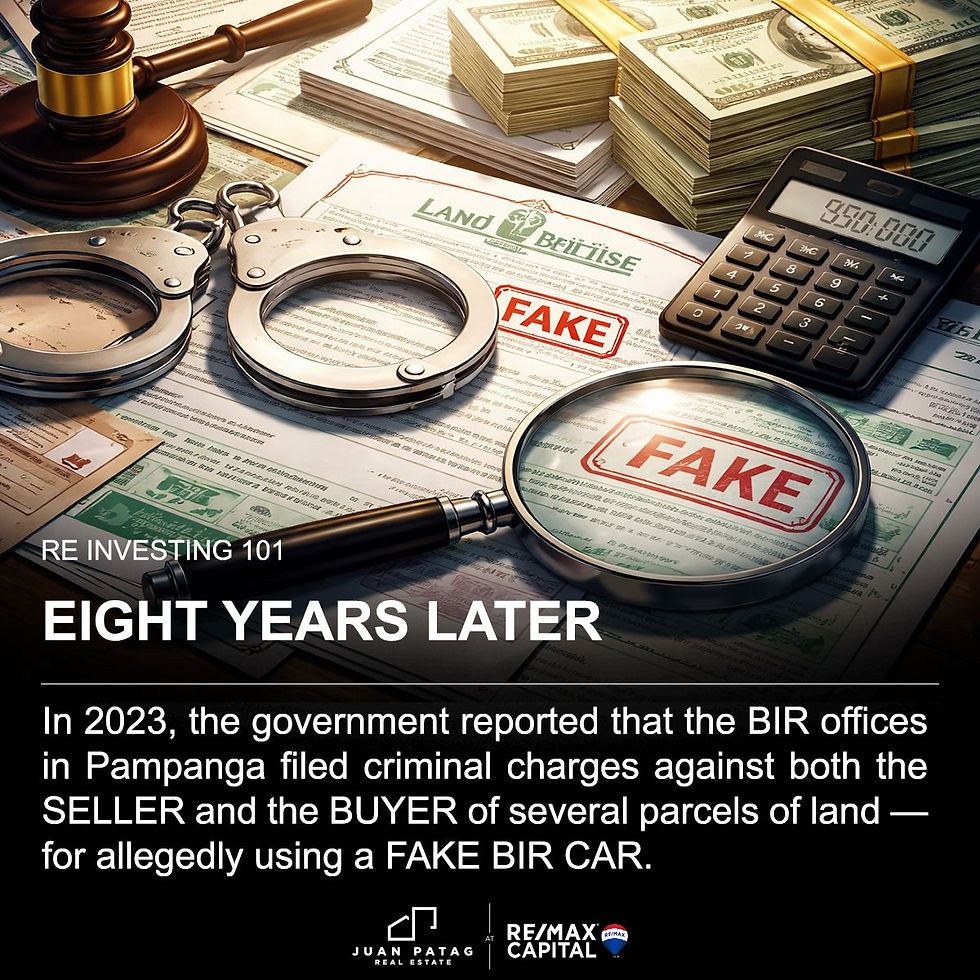Lease Rate Escalation
- Jul 19, 2023
- 2 min read
How much should your lease rate escalation be?
Once in a while, clients ask me how much they should increase the rent. Should it be 5%? 7%? 10%? Or should the rent be kept unchanged?
Before anything, let's define why lessors increase the rent. The primary purpose for increasing the rent over time is to account for changes in the general cost of living (i.e., inflation). The second reason is market conditions (i.e., demand and supply).
Usually, the escalation rate is discussed before a lease contract is signed. However, since this is a point of disagreement, most lease contracts are silent about the escalation rate. Parties would rather "cross the bridge when they get there." Or sometimes, parties indicate a range (e.g., the rent in the second year may not exceed 5%) instead of a fixed rate.
So how much should you increase the rent?
If we base it on the 5-year average inflation rate of the Philippines (2018-2022), the annual escalation rate should be 4%–at the minimum. However, most lessors have chosen to keep the rent the same in recent times, mainly due to what seems like an oversupply of rental properties.
Rather than keeping the rent the same, I recommend raising the monthly rent annually, even for a small amount (Php500 - Php1,000). The incremental increases (a.k.a. "nuisance raises") are better than applying a large Php5,000 bump every three years.
Sometimes, I bump into lessors who wish to raise the rent by more than 5% (sometimes as high as 10%). Applying such a high rate is acceptable as long as you're sure the tenant would accept the new rate, or you're confident that other tenants would be willing to pay the new rate.
Remember, turnovers and vacancies are two of the most expensive processes in the rental business. Each month the unit remains vacant is equivalently 8.3% of foregone income. Based on experience, the quickest time you'll be able to get the property rented again is two months since lessors spend 1 month for repairs and preparation and wait another month for another tenant to move in. Moreover, you'll have to pay your broker another month to find a new tenant. These are some of the factors you'll also have to consider in determining whether or not you want to push through with the escalation.
_edited_.png)


